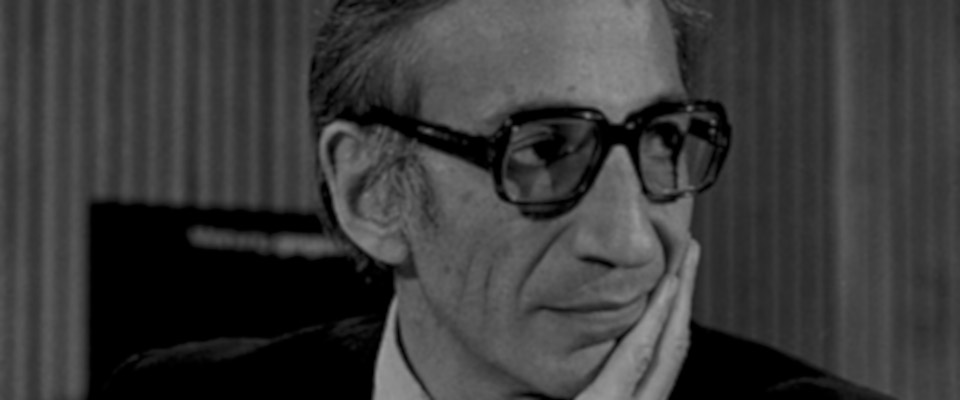This blog will be exploring Illichs (1976) notion of Medical Imperialism and coming to a conclusion of how accurate his claim is today? However, before that it is important to establish what is meant by medicalisation and what is meant by imperialism.
What is ‘Medicalisation’?
The concept of medicalisation consists of medical professionals identifying common problems in society and placing them with a medical diagnosis that requires medical treatment (Conrad 2007: 3). However, ‘the number of life problems that are defined has increased enormously.’ (Conrad 2007: 3) and that makes us question whether or not these problems are actually illness and disorders that need to be medicalised.
What is ‘Imperialism’?
‘Imperialism’ assumes that the medical profession and Doctors are the main contributors towards the medicalisation of different conditions. It is found that they set a goal of solving the problem and gaining social control (Cockerham, 2013).
What is ‘Medical Imperialism’?
Putting the two terms together Ivan Illich (1975) devised the ‘catchy but misleading phrase’ (Conrad 2007: 6) “Medical Imperialism”. Illich stated that the introduction of new drug and medical technologies would result in society creating a dependence on health care (Illich 1975). This means that issues that were once seen as personal are no longer personal, but instead controlled by medical professionals, especially with the concept of childbirth. However, FGM, masturbation and body enhancement are medicalised where by the individual is still in control of their own body, but there is a constant push in society to aspire to look ‘normal’.
Illich (1975) claims an individual is now notable to care for themselves when they have ill-health because of the medical industry. The medical industry has drilled into the general population that their bodies are superior because of the knowledge and skill that they hold. The lay population see their bodies as valuable. This sense of superiority has made the medical industry a growing market as individuals cannot manage their own health, which has reduced their independence and self determination (Mario 2010, Illich 1975). The lay population seek the help of medical professionals who use medicine. This has led to a dependency on pharmaceuticals. These pharmaceuticals often provide ineffective treatments and produce side effects that are worse than the original illness. The lay population are always looking for what drug can help them when they are ill meaning their capability to deal with illness has reduced (Buma et al, 2009)
Overall, it has been found that out of the four topics only one is truly medicalised which is childbirth. The three other topics; masturbation, FGM and body enhancement depend on different factors to the extent of which they are medicalised. Masturbation was originally medicalised but in recent years it has become de-medicalised because society now accepts the idea. FGM is medicalised in certain cultures however it is seen to be a common cultural practice. Body enhancement is also seen to be open to interpretation of the extent in which it is medicalised however it has the potential to become fully medicalised due to the rise in demand of the ideal body image.
Primarily, Illich’s notion of ‘Medical Imperialism’ (1975) can be seen as accurate depending on individual circumstances however it can be argued that medicalisation of these issues are going too far, which leads us to the assumption that the boundaries of medicine are endless.
Buma, A. Burris, D. Hawley, A. Ryan, J. Mahoney, P. (2009). Conflict and Catastrophe Medicine: A Practical Guide. Springer Science & Business Media
Cockerham, W. (2013) Medical Sociology on the Move, New York: Springer.
Conrad, P. (2007) The Medicalisation of Society, United States of America: The Johns Hopkins University Press.
Dew, K. Scott, A. Kirkman, A. (2016). Social, Political and Cultural Dimensions of Health. Springer.

